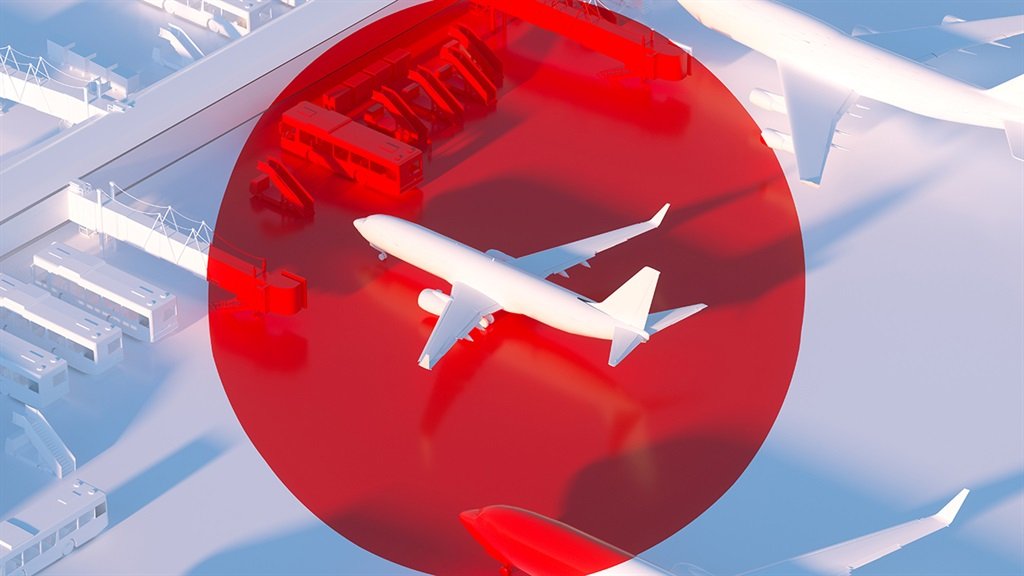
More countries are imposing travel bans on South Africa following the detection of a highly mutated Covid-19 variant on Thursday.
South Africa’s Department of Health and scientists from the Network for Genomic Surveillance revealed details of a newly detected and highly mutated Covid-19 variant, B.1.1.529, on Thursday. Just a few hours later, the United Kingdom (UK) announced that travellers from South Africa, and neighbouring countries, would be barred from entering England.
News of B.1.1.529, which has been detected in Botswana, Hong Kong, and South Africa, has rattled the prospect of international travel.
By 09:00 on Friday, Israel, Germany, Singapore, and Japan had followed in the footsteps of the UK, imposing travel bans and flight restrictions on South Africa.
Non-UK and Irish residents who have been in South Africa, Botswana, Lesotho, Eswatini, Zimbabwe or Namibia in the previous 10 days will be denied entry into the UK from midday Friday.
South Africa has been placed back on the UK’s restrictive red list, which enforces strict quarantine requirements for returning residents. UK and Irish residents arriving from South Africa over the weekend will be required to self-isolate at home for 10 days and take two post-arrival PCR tests.
From 04:00 on Sunday, passengers arriving in the UK will need to quarantine in a state-managed hotel, at their own cost. This is the same red list requirement which decimated South Africa’s tourism sector.
South Africa was relegated to the UK’s red list until October. South Africa’s short-lived delisting held promise for the country’s ailing tourism sector but now, with the summer season approaching, being back on the red list comes at the worst possible time.
The Association of Southern African Travel Agents (ASATA) and international relations and cooperation (DIRCO) have both criticised the UK’s “knee-jerk” reaction.
Israel, which has restricted travel to and from South Africa at various points throughout the pandemic, announced new flight restrictions following the briefing on B.1.1.529.
Similar to the UK, only returning Israeli residents and nationals will be allowed to return home from South Africa. They will need to quarantine for a week and take two post-arrival PCR tests.
Singapore announced that it too would restrict visitors with a travel history to Botswana, Eswatini, Lesotho, Mozambique, Namibia, South Africa, or Zimbabwe within the last 14 days. This ban, which comes into effect at midnight on Saturday, includes transiting through Singapore.
Singapore citizens and permanent residents will be allowed to return from South Africa, now classified as a Category IV country, but will be required to spend 10 days in quarantine.
Germany has moved to declare South Africa a virus variant area on Friday, according to Reuters. The travel ban is expected to come into effect on Friday night.
This classification as a virus variant area means that travellers from South Africa will be prohibited from entering Germany. Airlines will only be able to Germans to Germany from South Africa. These returning citizens, even if vaccinated, will be required to quarantine for 14 days.
Japan announced on Friday that it would move to tighten its borders following news of the B.1.1.529 variant. Exact details of this ban and when it will come into effect are, at this stage, still unknown.